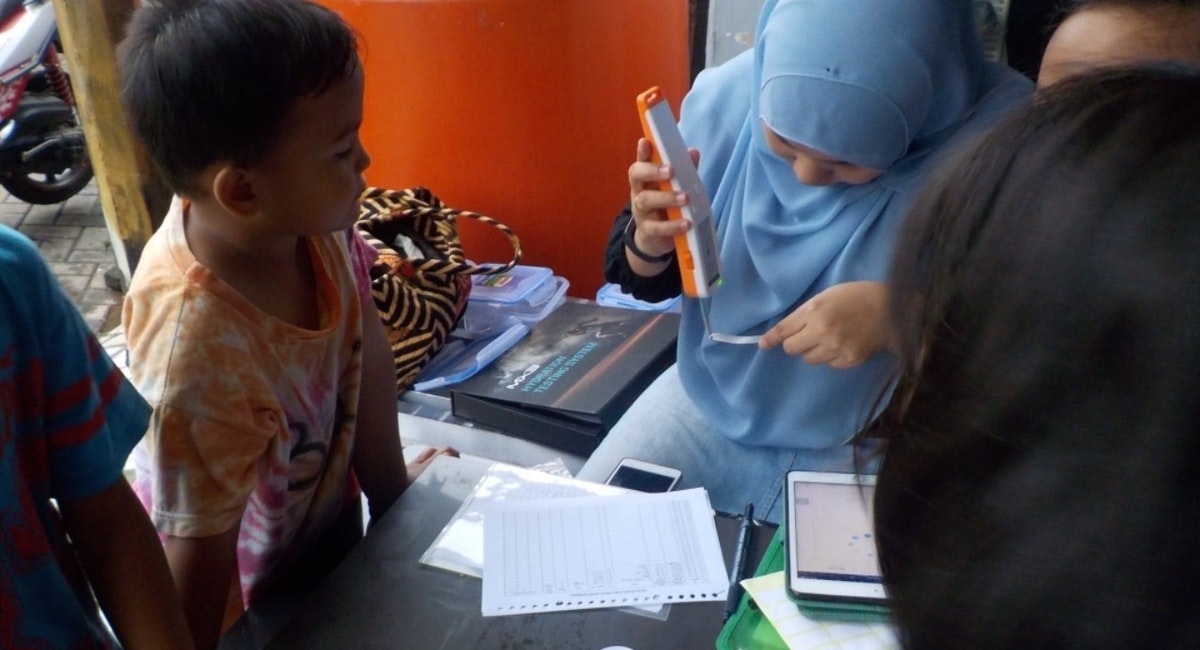Dehydration can severely impact the cognitive performance of children, increasing confusion and irritability and tiredness. Despite the availability of beverages in childcare and educational facilities, many children, especially those who live in hot and arid environments, do not regularly consume enough fluid to perform at their best.
Currently there is no gold-standard method for routine assessment of hydration in children by general health-care workers, parents or teachers. In a recent study, published last month in the Journal of Paediatrics and Child Health, the MX3 Hydration Testing System was investigated as a non-invasive tool for hydration assessment in paediatric populations.
Salivary osmolarity (SOSM) has been previously investigated as a hydration biomarker using laboratory-based osmometers. This study, led by Dr Gita Vita Soraya, is the first to investigate a point-of-care SOSM system, paving the way for portable and rapid hydration saliva-based hydration assessment. The researchers found that over 40% of otherwise healthy children were dehydrated when assessing hydration with the MX3 HTS, in line with previous studies that used urinary measures to assess hydration in in similar cohorts.

Dr Soraya’s research group is already undertaking several additional studies investigating the potential of point-of-care SOSM assessment with the MX3 HTS. The results of this study will provide a valuable foundation for further characterization of SOSM in other populations and clinical contexts.

